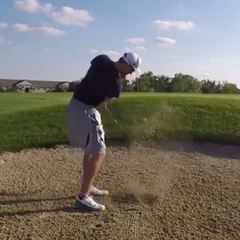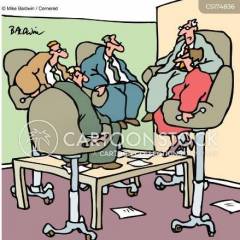IGNORED
Is Distance Really That Important for Amateurs?
Note: This thread is 3078 days old. We appreciate that you found this thread instead of starting a new one, but if you plan to post here please make sure it's still relevant. If not, please start a new topic. Thank you!
-
Topics Being Discussed Right Now on The Sand Trap
-
- 26 replies
- 862 views
-
"5 Minutes Daily" Practice Challenge 1 2 3 4 856
By iacas, in Instruction and Playing Tips
- 5 minutes daily
- dedication
- (and 6 more)
- 15,406 replies
- 941,205 views
-
- 93 replies
- 4,098 views
-
2024 TST Outing - June 1/2 @ EagleSticks and Virtues 1 2 3 4 14
By StuM, in Member Outings & Meetups
- 236 replies
- 18,663 views
-
- 15 replies
- 442 views
-






Recommended Posts
Create an account or sign in to comment
You need to be a member in order to leave a comment
Create an account
Sign up for a new account in our community. It's easy!
Register a new accountSign in
Already have an account? Sign in here.
Sign In Now